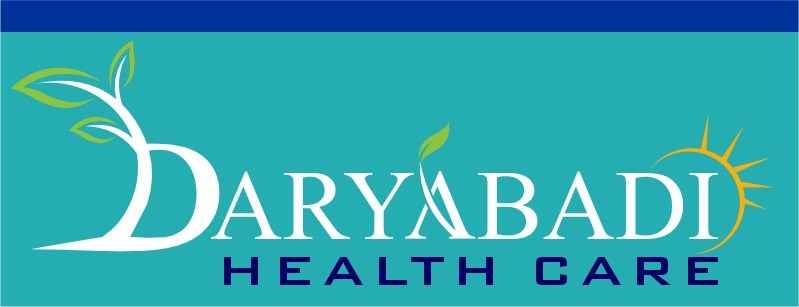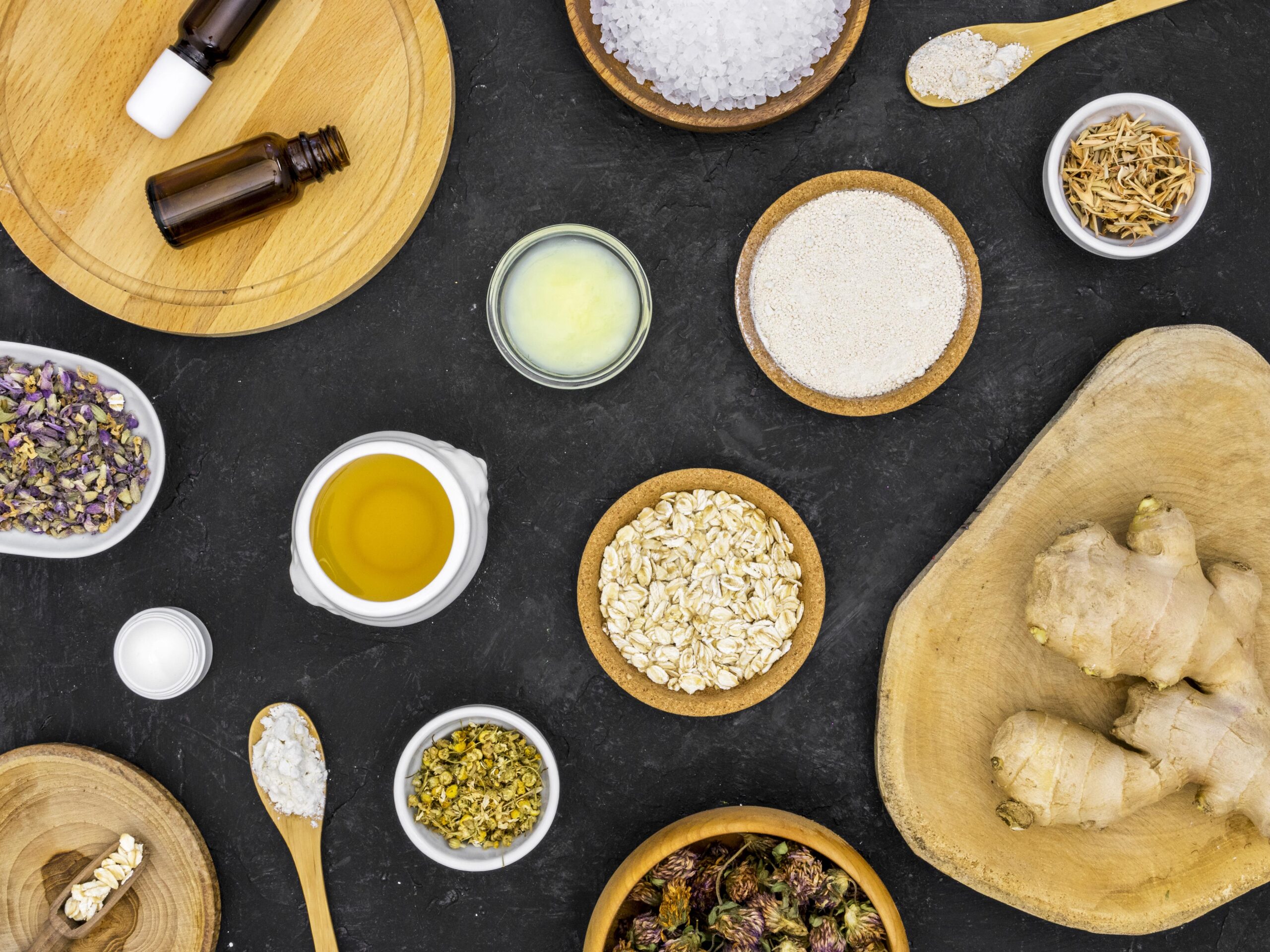Unveiling the Timeless Wisdom of Unani Medicine: A Journey through Healing Tradition

INTRODUCTION:
In a world dominated by modern medicine, there exists a treasure trove of ancient healing wisdom waiting to be explored. Unani medicine, often referred to as Greco-Arabic medicine, is one such gem that has withstood the test of time. Originating from the teachings of Hippocrates and Galen, and enriched by the contributions of Persian and Arab scholars, Unani medicine offers a holistic approach to health and wellness. In this blog, we embark on a journey to unravel the intricacies of Unani medicine, exploring its philosophy, principles, practices, and relevance in the contemporary world.
DISCLAIMER: The information provided in this blog is for educational and informational purposes only and is not intended as medical advice. The content is not intended to diagnose, treat, cure, or prevent any disease. Readers are advised to consult with a qualified healthcare professional regarding their specific health concerns and before starting any herbal remedies or health regimen .While every effort has been made to ensure the accuracy and completeness of the information presented, the author and publisher assume no responsibility for any errors or omissions. The use of herbal remedies and traditional medicine should be undertaken with caution and under the guidance of a qualified healthcare practitioner, especially for individuals with pre-existing medical conditions or those taking medications. The inclusion of specific herbs or formulations in this blog does not imply endorsement or recommendation. Individual responses to herbal remedies may vary, and it is important to consider individual health needs and sensitivities. Always read product labels and instructions carefully before use .By accessing and using this blog, readers acknowledge and agree to the terms of this disclaimer and release the author and publisher from any liability arising from the use or misuse of the information provided.
UNDERSTANDING THE PHILOSOPHY OF UNANI MEDICINE:
At the heart of Unani medicine lies a profound philosophical framework that views the human body as a microcosm of the universe. According to Unani philosophy, the human body is composed of four essential elements: Earth, Water, Air, and Fire, known as Arkan. These elements combine to form the basic constituents of the body, namely, Humours (Akhlat) – Blood (Dam), Phlegm (Balgham), Yellow Bile (Safra), and Black Bile (Sauda). The equilibrium and imbalance of these humours determine the state of health or disease in an individual.
PRINCIPLES OF UNANI MEDICINE:
Unani medicine operates on the principles of Mizaj (temperament) and Tabiyat (nature). Every individual is believed to have a unique Mizaj, which reflects their inherent temperament and predisposition to certain health conditions. Based on this understanding, Unani practitioners prescribe personalized treatments aimed at restoring the balance of humours and promoting harmony within the body. The concept of Ilaj-bil-Ghiza (dietotherapy), Ilaj-bil-Dawa (pharmacotherapy), and Ilaj-bil-Tadbeer (regimental therapy) forms the cornerstone of Unani therapeutic interventions.
PRACTICES IN UNANI MEDICINE:
Unani medicine employs a diverse range of therapeutic modalities, drawing upon the healing properties of plants, minerals, and animal substances. Herbal medicine, known as Ilaj-bil-Adwiya, constitutes a significant component of Unani pharmacotherapy. Through meticulous observation and experimentation, Unani physicians have identified a vast array of medicinal plants and their therapeutic uses. Common herbs like black seed (Nigella sativa), ginger (Zingiber officinale), and turmeric (Curcuma longa) are extensively utilized for their potent medicinal properties.
In addition to herbal remedies, Unani medicine incorporates the use of mineral and animal-based preparations, known as Ilaj-bil-Mizaj and Ilaj-bil-Dhami respectively. These include substances like saffron, amber, and musk, each prescribed according to the individual’s Mizaj and the nature of the ailment. Unani pharmacology also encompasses the preparation of compound formulations, known as Kushta and Majoon, which are meticulously processed to enhance their efficacy and safety.
Regimental therapies, or Ilaj-bil-Tadbeer, form an integral part of Unani therapeutics, focusing on lifestyle modifications, dietary regimens, and physical interventions to promote health and prevent disease. These may include practices such as cupping (Hijama), massage (Dalk), and exercise (Riyazat), aimed at improving circulation, detoxification, and overall vitality.
RELEVANCE OF UNANI MEDICINE IN THE CONTEMPORARY WORLD:
In an era marked by the rising burden of chronic diseases and the limitations of conventional medical approaches, there is a growing recognition of the value of traditional systems of medicine like Unani. The holistic principles of Unani medicine, which emphasize the interconnectedness of body, mind, and spirit, resonate with the modern concept of integrative medicine.
Moreover, the rich pharmacopoeia of Unani medicine offers a treasure trove of natural remedies that can complement conventional treatments and alleviate the side effects of pharmaceutical drugs. The increasing interest in herbal medicine and natural therapies has led to a resurgence of interest in Unani medicine, both in its countries of origin and beyond.
Furthermore, Unani medicine embodies a sustainable approach to healthcare, drawing upon the wisdom of nature and traditional healing practices passed down through generations. In an age of environmental degradation and the depletion of natural resources, the emphasis on herbal medicine and natural remedies aligns with the principles of ecological stewardship and conservation.
CONCLUSION:
In conclusion, Unani medicine stands as a testament to the enduring wisdom of ancient healing traditions. Rooted in a profound philosophical understanding of the human body and the natural world, Unani medicine offers a holistic approach to health and wellness. Its principles and practices, grounded in centuries of observation, experimentation, and refinement, continue to offer valuable insights into the art and science of healing.
As we navigate the complexities of modern healthcare, embracing the timeless wisdom of Unani medicine can serve as a guiding light, reminding us of the interconnectedness of all life and the healing power of nature. In honoring the legacy of Unani scholars and practitioners, we pay homage to a tradition that has stood the test of time and continues to inspire healing and hope for generations to come.




